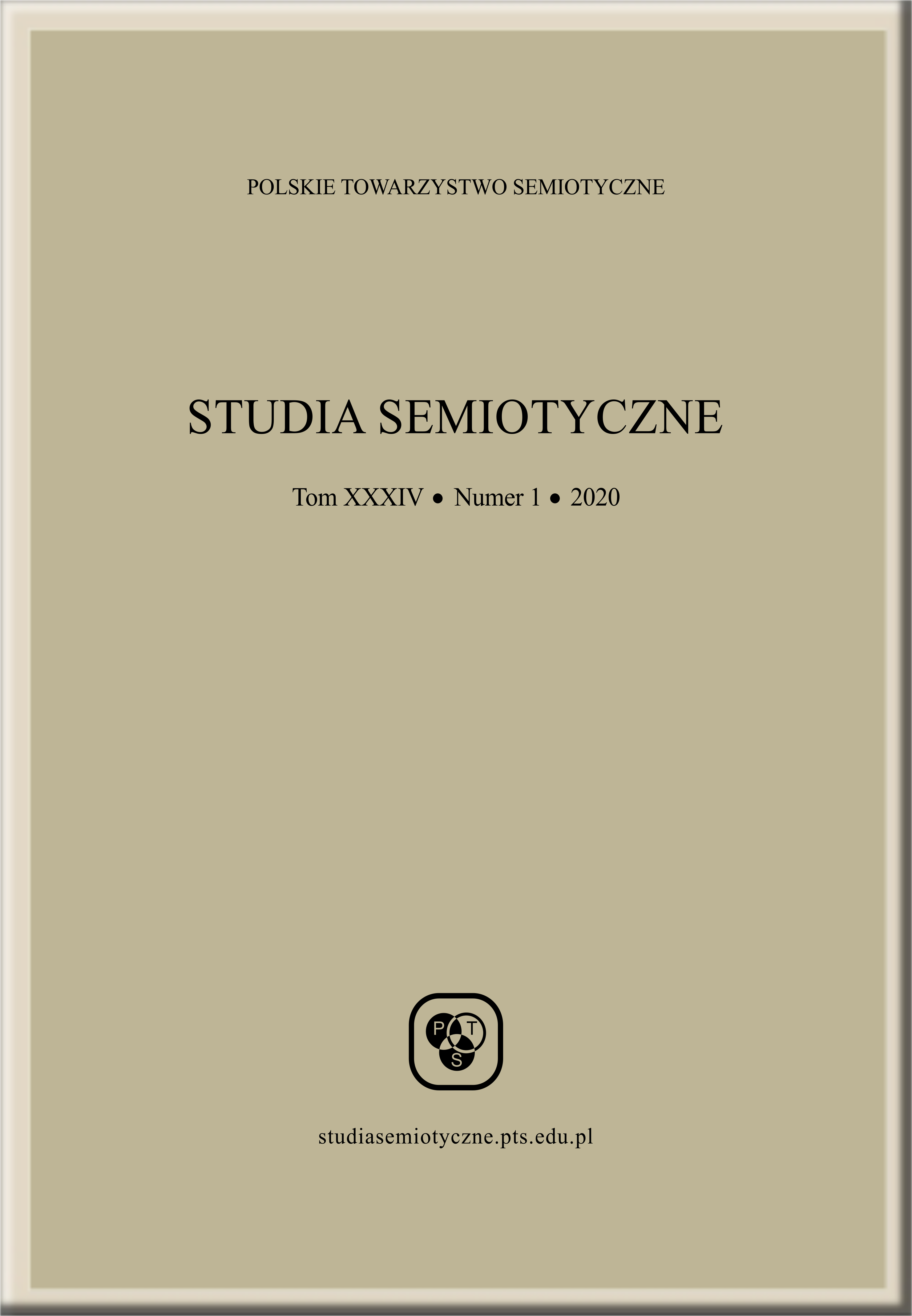Abstract
DOI: http://doi.org/10.26333/sts.xxxiv1.08
In this paper I will attempt to explain why the controversy surrounding the alleged refutation of Mechanism by Gödel’s theorem is continuing even after its unanimous refutation by logicians. I will argue that the philosophical point its proponents want to establish is a necessary gap between the intended meaning and its formulation. Such a gap is the main tenet of philosophical hermeneutics. While Gödel’s theorem does not disprove Mechanism, it is nevertheless an important illustration of the hermeneutic principle. The ongoing misunderstanding is therefore based in a distinction between a metalogical illustration of a crucial feature of human understanding, and a logically precise, but wrong claim. The main reason for the confusion is the fact that in order to make the claim logically precise, it must be transformed in a way which destroys its informal value. Part of this transformation is a clear distinction between the Turing Machine as a mathematical object and a machine as a physical device.
References
Benacerraf, P. (1967). God, the Devil, and Gödel. Monist, 51(1), 9–32.
Benaceraf, P. (1965). What Numbers Could Not Be. Philosophical Review, 74(1), 47–73.
Descartes, R. (1637). Discourse on the Method. Leiden. Retrieved from: http://www.gutenberg.org/files/59/59-h/59-h.htm
Feferman, S. (2009). Gödel, Nagel, Minds, and Machines. Journal of Philosophy, 106(4), 201–219.
Frege, G. (1998). Grundgesetze der Arithmetik. Olms Verlag.
Gödel, K. (1931). Über formal unentscheidbare Sätze der Principia Mathematica und verwandter Systeme I. Monatshefte für Mathematik und Physik, 38, 173–198.
Grondin, J. (2011). Einführung in die philosophische Hermeneutik. Darmstadt: Wissenschaftliche Buchgesellschaft.
Holub, Š. (2004). Aristotelův princip sporu ve čtvrté knize Metafyziky. Reflexe, 25, pp. 71–80.
Klein, J. (1969). Greek Mathematical Thought and the Origin of Algebra. Cambridge, Mass.: M.I.T. Press.
Koellner, P. (2018a). On the Question of Whether the Mind Can Be Mechanized, I: From Gödel to Penrose. Journal of Philosophy, 115(7), 337–360.
Koellner, P. (2018b). On the Question of Whether the Mind Can Be Mechanized, II: Penrose’s New Argument. Journal of Philosophy, 115(9), 453–484.
Kolman V. (2005). Lässt sich der Logicismus retten. Allgemeine Zeitschrift fur Philosophie, 30(2), 159–174
Krajewski, S. (2020). On the Anti-Mechanist Arguments Based on Gödel’s Theorem. Studia Semiotyczne, 34(1), 9–56.
Krajewski, S. (2012). Emergence in Mathematics? Studies in Logic, Grammar and Rhetoric, 27, 95–105.
Lucas, J. (1961). Minds, Machines and Gödel. Philosophy, 36(137), 112–127.
Lucas, J. (2011). The Gödelian Argument: Turn Over the Page. Retrieved from: http://users.ox.ac.uk/~jrlucas/Godel/turn.html
Nelson E. (2006) Warning Signs of a Possible Collapse of Contemporary Mathematics. Retrieved from: https://web.math.princeton.edu/~nelson/papers/warn.pdf
Penrose, R. (1999). The Emperor’s New Mind. Oxford: Oxford University Press.
Putnam, H. (1975a). Minds and Machines. In: H. Putnam (Ed.), Mind, Language and Reality: Philosophical Papers (vol. 2, pp. 362–385). Cambridge: Cambridge University Press.
Putnam, H. (1975b). Philosophy and Our Mental Life. In: H. Putnam (Ed.), Mind, Language and Reality: Philosophical Papers (vol. 2, pp. 291–303). Cambridge: Cambridge University Press.
Putnam, H. (1994). The Best of All Possible Brains? Review of Roger Penrose, Shadows of the Mind. New York Times Book Review, 144, 7.
Ricoeur, P. (1976). Interpretation Theory: Discourse and the Surplus of Meaning. Fort Worth, Texas: Texas Christian University Press.
Shapiro, S. (1998). Incompleteness, Mechanism, and Optimism. The Bulletin of Symbolic Logic, 4(3), 273–302.
Smullyan, R. M. (1992). Gödel’s Incompleteness Theorems. Oxford: Oxford University Press.
Turing, A. M. (1937). On Computable Numbers, with an Application to the Entscheidungsproblem. Proceedings of the London Mathematical Society, s2-42(1), 230–265.
Vopěnka, P. (2010), Calculus infinitesimalis, pars prima. Praha: OPS.


